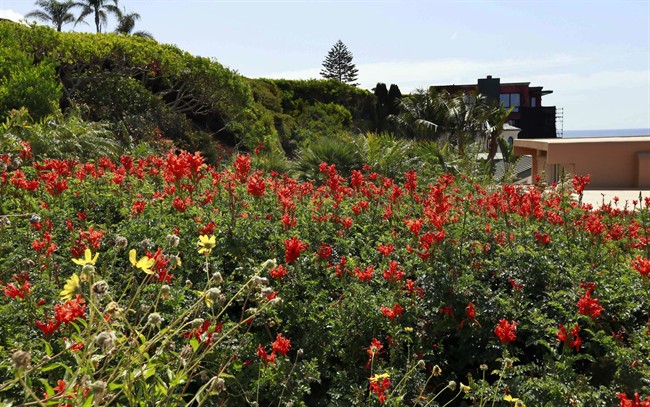Sneezing and coughing in public is the last thing people want to be doing with current fears over the novel coronavirus, but an early start to allergy season has many looking for relief.

“This year we were expecting there would be a little bit more snowfall and that the freezing level would be lower, but that second wave never did come so the trees woke up earlier,” allergist Dr. Joanne Yeung told CKNW on Mornings with Simi.
“We’ve had high pollen counts for about five weeks but depending on what you’re allergic to you might have felt it at different times.”
Since some allergy symptoms can be similar to symptoms of coronavirus, Yeung explained that some allergy sufferers could misinterpret them in fear of a COVID-19 infection.
“I’ve had patients start to question whether or not the symptoms are the beginning of a virus versus their allergies, I’ve had parents concerned about their kids. I think that part of the reason why people are noticing their symptoms earlier is because they may have felt the same way last year or the previous year but they are much more on high alert.”
The Weather Network is reporting the pollen count in Vancouver for the week of April 5 is “Very High”.

Get weekly health news
According to Yeung, allergies don’t cause fever, sore throat, or body ache which are all associated with COVID-19 infection.
She advises allergy sufferers to consider using a long-acting or 24-hour antihistamine for some relief.
Questions about COVID-19? Here are some things you need to know:
Health officials caution against all international travel. Returning travellers are legally obligated to self-isolate for 14 days, beginning March 26, in case they develop symptoms and to prevent spreading the virus to others. Some provinces and territories have also implemented additional recommendations or enforcement measures to ensure those returning to the area self-isolate.
Symptoms can include fever, cough and difficulty breathing — very similar to a cold or flu. Some people can develop a more severe illness. People most at risk of this include older adults and people with severe chronic medical conditions like heart, lung or kidney disease. If you develop symptoms, contact public health authorities.
To prevent the virus from spreading, experts recommend frequent handwashing and coughing into your sleeve. They also recommend minimizing contact with others, staying home as much as possible and maintaining a distance of two metres from other people if you go out.
For full COVID-19 coverage from Global News, click here.
















Comments
Comments closed.
Due to the sensitive and/or legal subject matter of some of the content on globalnews.ca, we reserve the ability to disable comments from time to time.
Please see our Commenting Policy for more.